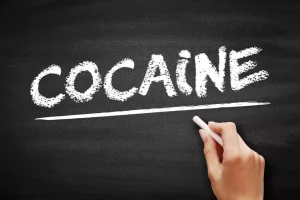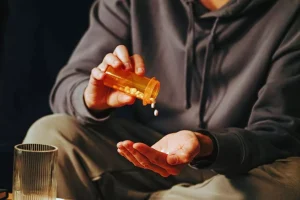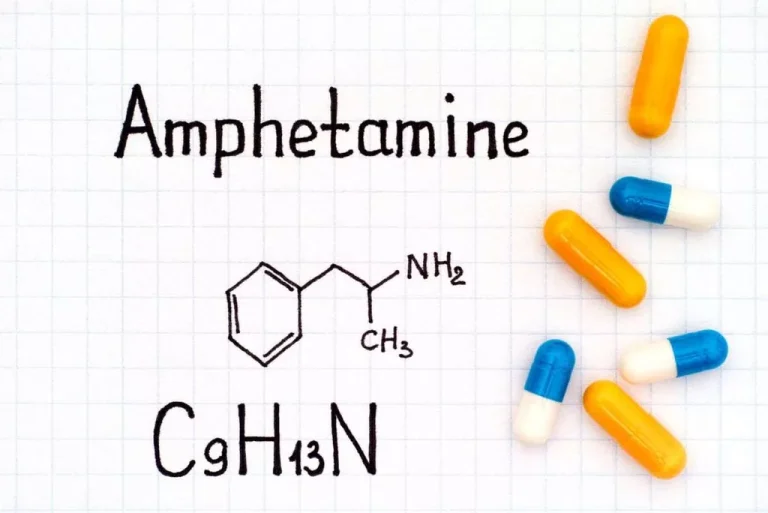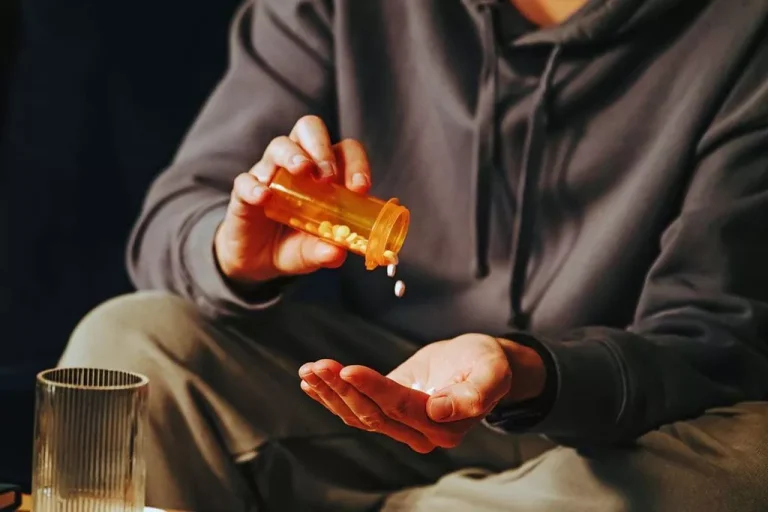
Satisfying hobbies can distract you from wanting to drink, but they also help you relax — something everyone needs to do. Feeling at your best physically can boost resilience and emotional strength, equipping you to weather challenges that trigger the desire to drink. From month-long sobriety challenges to the Sober Curious movement, more and more people are taking a closer look at the role alcohol plays in their lives. Quitting the drink can help prevent future health complications too. It could take up to two months since your last sip of alcohol for your liver to be working at ‘full power’ again.
- As your mind and body try to tell you that you need another drink, understanding what’s at the root of that thought or feeling is key in reaching a healthier state of sobriety.
- You should start by determining how much alcohol you drink per day in terms of standard drinks.
- Whether you’re sober curious, know for sure you’re ready to quit, or fall somewhere in between, Dr. Streem shares advice for how to stop drinking.
- Improved immunity is an important long-term benefit of not drinking alcohol.
- It’s how you keep your cool when you feel overwhelmed and anxious.
- Drugs used for other conditions — like smoking, pain, or epilepsy — also may help with alcohol use disorder.
Get online support.
The mind and body are deeply connected when it comes to relaxation. Benson’s research shows that when the relaxation response is activated, it’s not just your mind that benefits—your entire body responds. Your heart rate slows, your muscles relax, and stress hormones decrease. While alcohol may offer temporary relief, it doesn’t engage this powerful mind-body connection in the same way. The true power of relaxation lies in tapping into what your body already knows how to do.
Download the Drink Free Days app
- If you drink to ease the pain of loneliness, then make a conscious effort to connect with others.
- People may also decide to speak with a doctor about effective strategies.
- “By lunchtime you were beginning to taste what you were going to drink.
- If a setback happens, get back on track as quickly as possible.
- Every month, we launch fun challenges, like Dry/Damp January, Mental Health May, and Outdoorsy June.
SELF does not provide medical advice, diagnosis, or treatment. “Just get a sparkling water, put a lime in it, and have fun,” he says. “Once you have a sense of how much you’re drinking, it’s helpful to track how many drinks you’re having per day,” says Witkiewitz. “You could use a calendar, journal or any number of tracking apps.” Drink Control Alcohol Tracker or Less are two examples of free tracking apps available on iOS devices. There’s a reason you’ve reached the decision to quit or cut back. Whether it’s improved relationships, better health, or weight loss, keeping the “why” in sight can help boost your motivation.
These tips will help you cut back on drinking alcohol.
When you’re working to quit drinking, writing can help you come to terms with and realize things about your relationship with alcohol that you didn’t know before. Common triggers include stress from work or personal life, social events where alcohol is prevalent, and certain environments like bars or parties. Recognizing these triggers is the first step in managing them effectively.

My mood improved

Creating a plan is an essential part of knowing how to quit drinking. The National Institute on Alcohol Abuse and Alcoholism suggests that having a plan can help solidify your goals and give you a roadmap for how to how to stop drinking achieve them. If you answer “yes” to two to three questions, your symptoms align with mild AUD. If you answer “yes” to four to five questions, your symptoms align with moderate AUD. If you answer “yes” to six or more questions, your symptoms align with severe AUD. Consult with a licensed mental health professional to further explore AUD.
Week Two Benefits

By regularly activating your body’s natural relaxation response, you’re building a system that supports your sobriety for the long term. Each time you practice alcohol-free relaxation, you reinforce your body’s ability to cope with stress in healthier ways, helping you stay grounded in your decision to live without alcohol. Improved immunity is an important long-term benefit of not drinking alcohol.

Eat before and in between drinks.
- Another essential element of your plan to quit drinking is to identify the barriers or obstacles that might make achieving your goals more difficult.
- The National Institute on Drug Abuse (NIDA) suggests that 40% to 60% of people with substance use disorders experience a relapse at some point.
- As a competitive person, I never wanted to be left behind, so binge drinking once or twice per week was the norm.
- Her fields of interest include Asian languages and literature, Japanese translation, cooking, natural sciences, sex positivity, and mental health.
- Recognizing these triggers is the first step in managing them effectively.
- To stay better informed on addiction research and statistics, you can also explore resources like the CDC and the National Institute on Drug Abuse (NIDA).
Being dependent on alcohol means you feel you’re not able to function without it and means stopping drinking can causes physical withdrawal symptoms like shaking, sweating or nausea. If you have these symptoms when you don’t drink, it could be dangerous to stop drinking too quickly without proper support. Within just a month of not drinking, your body can begin to reap the benefits. Your liver can start to heal, your risks of heart disease and cancer go down, and you may begin to sleep better. Quitting alcohol significantly improves physical health—it improves your liver function, heart health, immune system, and more. It reduces the risk of chronic conditions like liver disease, high blood pressure, and cardiovascular problems, allowing your body to heal and function more efficiently.




Leave a reply